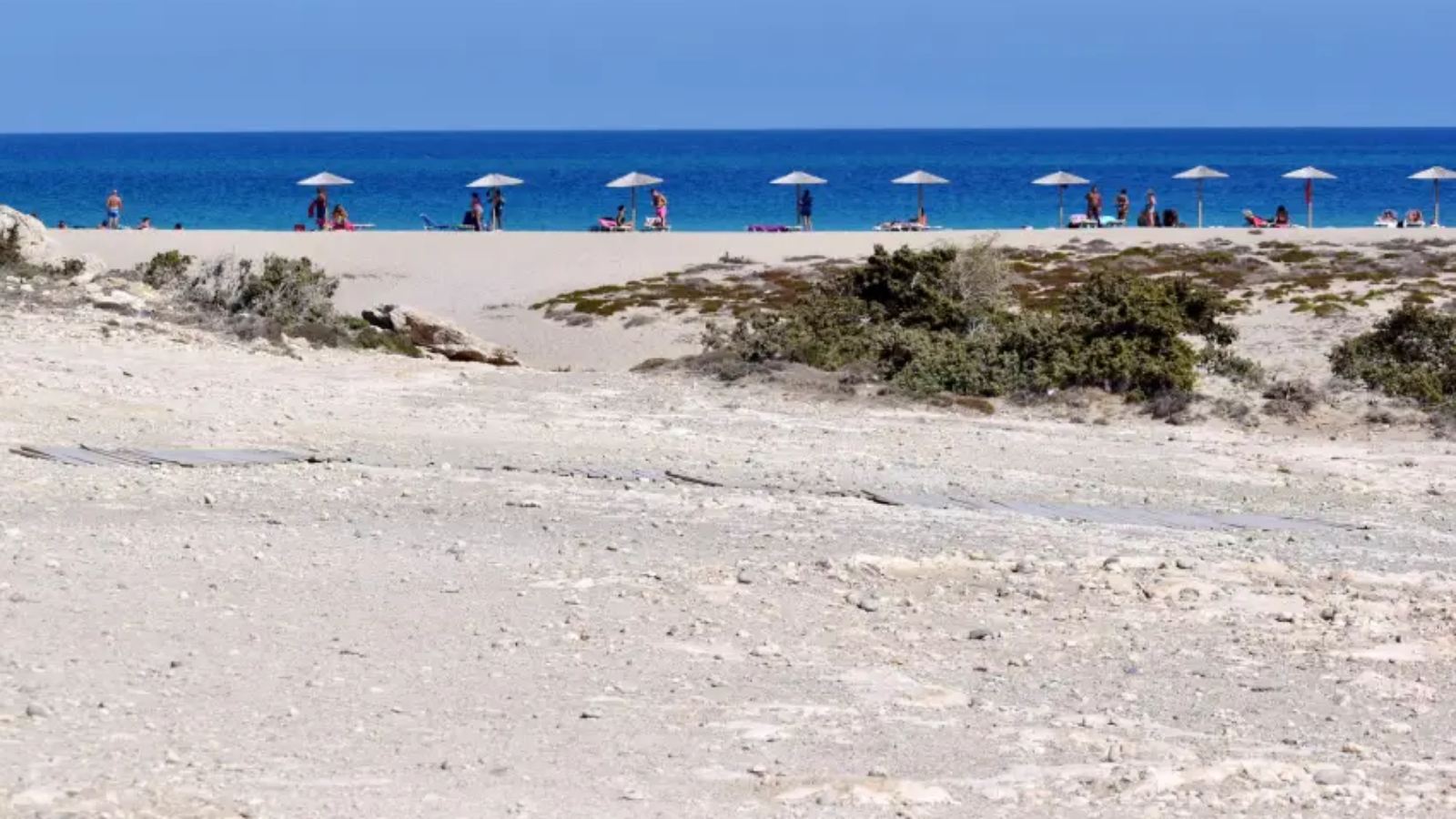Tourism significantly contributes to the Greek economy and is vital to its financial health and cultural outreach. This article analyses Greece’s tourism statistics in-depth, examining the factors contributing to its success and challenges. We’ll look at historical trends, current figures, and future projections to offer a comprehensive overview.
The Importance of Tourism to Greece
Tourism is a vital pillar of the economy and has become an integral part of the country’s identity. Known for its rich history, beautiful landscapes, and vibrant culture, Greece attracts millions of visitors each year. For example, in 2019, before the COVID-19 pandemic, tourism contributed approximately 20% to Greece’s GDP.

Find more statistics at Statista
Historical Trends in Greek Tourism
Over the past few decades, Greece has steadily increased tourist arrivals. The country’s historical sites, such as the Acropolis in Athens, Delphi, and Meteora, have been major draws. Additionally, islands like Mykonos, Santorini, and Crete have made Greece a popular summer destination.
From the late 1990s to the early 2000s, Greece experienced significant tourism growth, peaking in 2004 with the Athens Olympic Games. This event put Greece on the global stage, showcasing its rich heritage and modern capabilities. Post-Olympics, Greece maintained a steady influx of tourists, assisted further by the increase in global travel.

Greece Tourism Statistics Pre-COVID-19
In 2019, Greece welcomed a record 34 million visitors. Most of these tourists came from European countries, with Germany, the United Kingdom, and Italy being the top sources. The United States and China also contributed significantly to the tourism numbers.
Key Statistics from 2019
- Total Arrivals: 34 million
- Tourism Revenue: €18.2 billion
- Employment in Tourism: Approximately 25% of the total workforce
- Top Source Countries: Germany (4.4 million), United Kingdom (3.5 million), Italy (1.6 million)
- Popular Destinations: Athens, Santorini, Mykonos, Crete, Rhodes
Impact of COVID-19 on Greek Tourism
The COVID-19 pandemic severely affected global tourism, and Greece was no exception. In 2020, tourist arrivals dropped by 78%, with only 7.4 million visitors. This drastic decline led to significant revenue losses, estimated at over €10 billion. The pandemic’s impact highlighted Greece’s economy’s vulnerability to global disruptions.
Recovery and Current Trends
Despite the setbacks, Greece has been on a path to recovery. The government implemented various measures to boost tourism, including marketing campaigns, subsidies for the tourism sector, and health protocols to ensure visitor safety.
By 2022, the tourism sector showed signs of rebounding. The number of visitors increased to approximately 20 million, and revenue rose to around €15 billion. This recovery can be attributed to Greece’s effective handling of the pandemic, its vaccination campaigns, and the pent-up demand for travel.
Current Tourism Statistics
As of 2023, Greece witnessed a strong recovery in tourism. Here are the latest statistics:
- Total Arrivals: 36 million
- Tourism Revenue: €18.2 billion
- Employment in Tourism: Approximately 25% of the total workforce
- Top Source Countries: Germany, United Kingdom, United States, France, Italy
- Popular Destinations: Athens, Santorini, Mykonos, Crete, Rhodes, Corfu
Learn more here.
Factors Contributing to Tourism Growth
Diverse Attractions
Greece has a wide range of attractions, including historical sites, archaeological wonders, stunning beaches, and vibrant nightlife.
Cultural Heritage
Greece’s rich history and cultural heritage continue to attract tourists interested in exploring ancient civilizations and traditional Greek culture.
Culinary Tourism
Greek cuisine is well-known globally, and food tourism has become a major attraction, with visitors eager to savour authentic Greek dishes.
Natural Beauty
Due to its diverse landscapes, including mountains, islands, and coastal areas, the country offers a wide range of outdoor activities and eco-tourism.
Improved Infrastructure
Investments in infrastructure, such as airports, roads, and hospitality facilities, have improved the overall tourist experience.
Challenges Facing Greek Tourism
Sustainable Tourism
With the increasing number of tourists, sustainability has become a crucial issue. Managing tourist numbers to prevent overcrowding and protecting natural and historical sites are essential.
Seasonality
Greece’s tourism experiences high seasonality, peaking during the summer months. Implementing year-round attraction strategies can enhance industry stability.
Economic Dependence
The heavy reliance on tourism makes Greece’s economy vulnerable to global events and economic fluctuations. Diversifying the economy is necessary to mitigate this risk.
Climate Change
The impact of climate change presents a significant long-term threat to Greece’s natural attractions, especially its coastal areas. Implementing measures to combat climate change for the future of tourism is imperative.
Future Projections
The future of Greek tourism looks promising, with projections indicating continued growth. By 2025, it is estimated that Greece could attract over 35 million visitors annually, with tourism revenue surpassing €20 billion. The government’s focus on sustainable tourism, infrastructure development, and marketing initiatives will be crucial in achieving these goals.
Conclusion
Greece’s tourism sector is vital to its economy and cultural identity. Despite the challenges posed by the COVID-19 pandemic, the industry has shown remarkable resilience and is on a path to recovery. With its rich history, diverse attractions, and strategic initiatives, Greece is well-positioned to continue being a top global tourist destination.
By addressing sustainability, seasonality, and economic dependence, Greece can ensure its tourism sector’s long-term success and growth. The future looks bright for Greek tourism, promising continued prosperity and cultural exchange for years to come.
Discover more about sustainable tourism and how Greece is paving the way for a greener future. Visit Dual Tourism for insightful articles, tips, and the latest updates on eco-friendly travel initiatives in Greece and abroad. Explore now!


